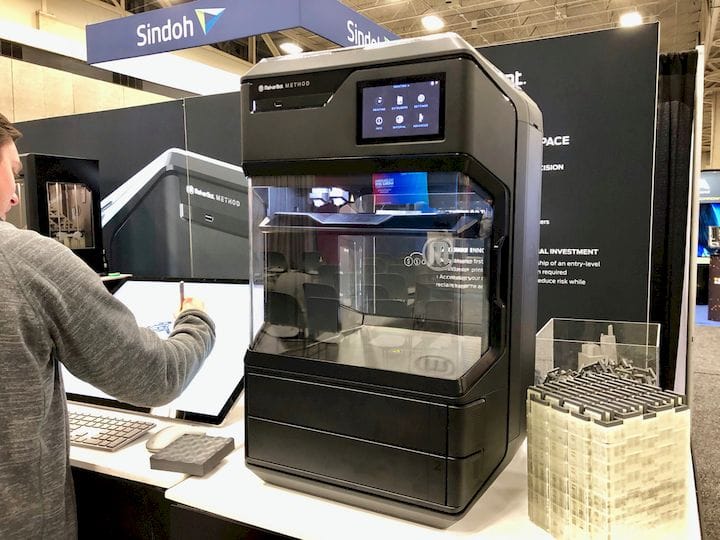![How to go about selecting a 3D printer for a school [Source: Fabbaloo]](https://fabbaloo.com/wp-content/uploads/2020/05/image-asset_img_5eb09c1750883.jpg)
This week’s question is about buying 3D printers for schools.
Our inbox lit up recently with a question relayed to us from a school division interested in buying 3D printers for their students. They asked:
“We are wondering if you or someone that you can shoulder tap. Regarding the 3D Printer Quoted below. (is this a good unit to invest in?)
We are looking at this unit as a baseline quality unit that we adopt potentially across the division to maximize efficiency when it comes to training and curriculum.”
While not getting into the specifics of this particular quote, there is much to say about this question.
First and foremost, it is absolutely wrong it dive into “shopping” for a 3D printer without clearly establishing what it is to be used for, and how it is to be used. There is no single “spectrum” of 3D printers with good ones at one end and bad at the other. The market is made of hundreds of different machines that each address different situations.
The key is to know your own situation first and then find the vendors that attempt to solve your scenario. Here are some questions to ask:
-
What level of students are to use the machine?
-
Who is the operator? Students, teachers, or specialists?
-
Where is the printer to be located? Classroom? Lab? Workshop?
-
When will it be operated? During class? Between classes? After hours?
-
Do you have appropriate ventilation in place for the equipment? Or would you have to choose a machine with built-in filtration?
-
Do you need the vendor to provide educational material such as pre-made lesson plans? Or are you making them yourself (not a good idea, as these are easily obtained from several vendors) or working with third party lesson plans?
-
What type of materials are to be used? Basic PLA for simple geometries? Or specialized engineering materials for advanced students?
-
Will more than one machine be operated? Will they be independently controlled, or do you need to have some type of group network control system, as offered by some vendors?
-
Do you need to have remote monitoring and control for off-hours use?
-
Will the machines act individually or as a “bank” of machines to accept incoming student print jobs? If the latter, then specialized group networking software will be required
-
Print quality is relatively similar amongst all offerings, so that should not be a concern. However, machine and print reliability is always a concern
-
3D printers frequently break down. How do you intend to maintain the machine? Through a service contract with a responsive reseller? By a staff member trained to fix the equipment? Through a contract with an external repair service? Or hoping the teachers can just fix them? (Not a good idea)
-
What set of materials will be used, and how will you maintain print profiles for them? Do you need a system that will allow for print profile storage and usage?
-
What is your budget for machine acquisition, ongoing material purchases and ongoing repairs and upgrades?
-
What volume of printing is likely to occur? Do you need a robust, production-level system, or one designed to run occasionally?
-
Do you need students to easily observe the printing process (thus an open-air design could be best), or do you need an enclosed machine to deter curious fingers from young students?
-
What level of ease of use should the machine provide? Are your operators sophisticated or novices?
-
What safety concerns are present in your situation? Should you, for example, consider using machines employing toxic resins or airborne particles? Or better to use “solid” materials?
Yes, there are indeed many questions one should ask.
The last things to ask are specifications like the minimum layer size or nozzle diameter. Those things don’t matter; what matters is how you will actually operate and support the device for long term benefit.
If you don’t account for such things, then you’ll soon have a dead 3D printer acting as a doorstop.
Before selecting a device, think hard about exactly how it will be used. What are the goals, support levels, and activities to take place? Then gauge those against machine options.











